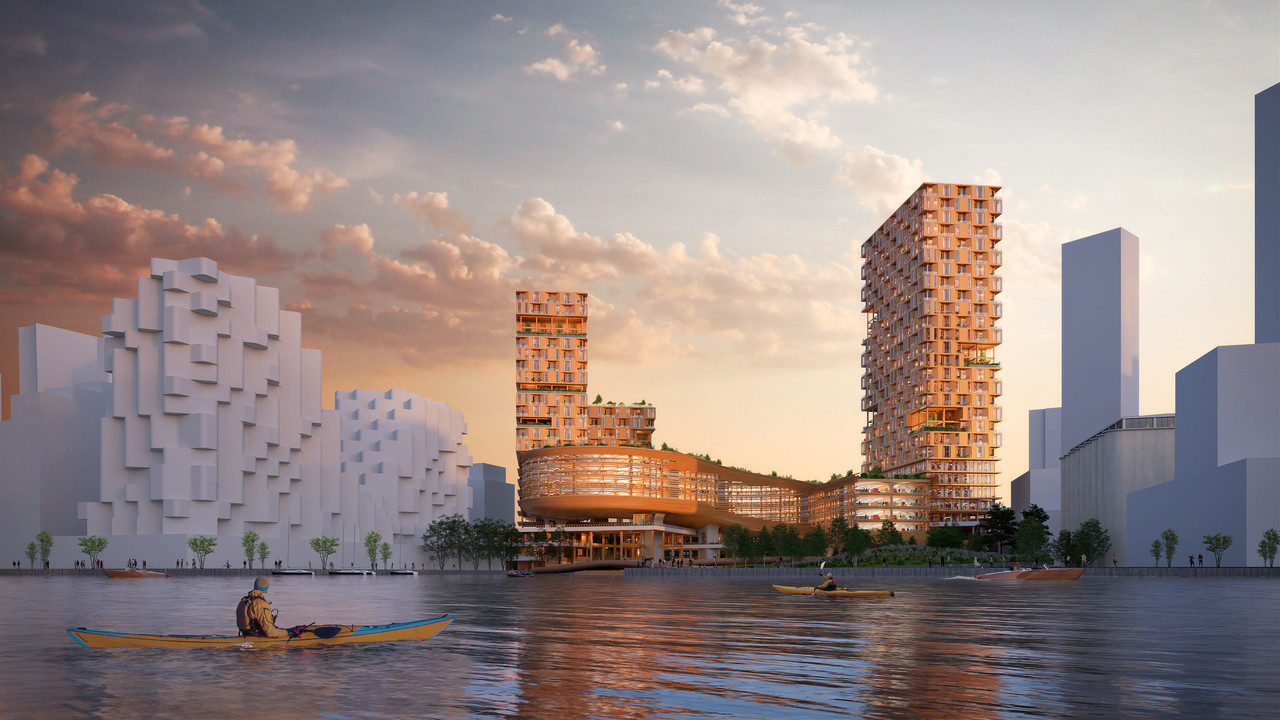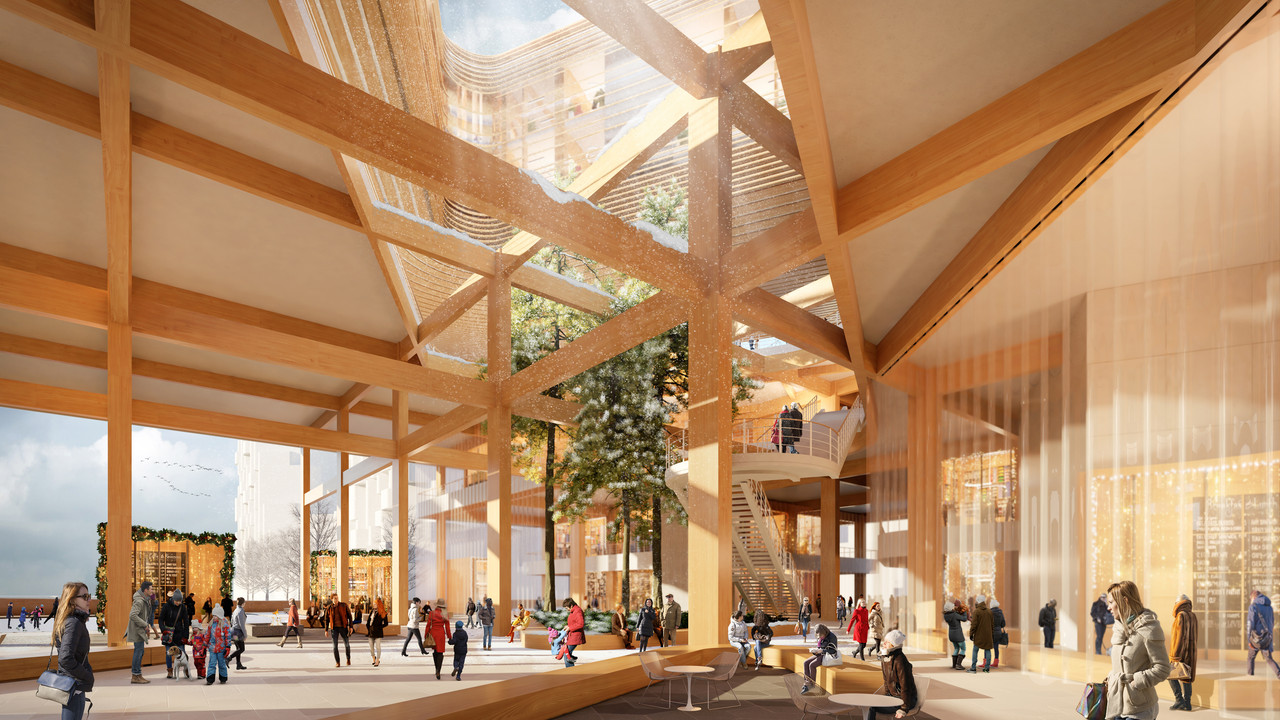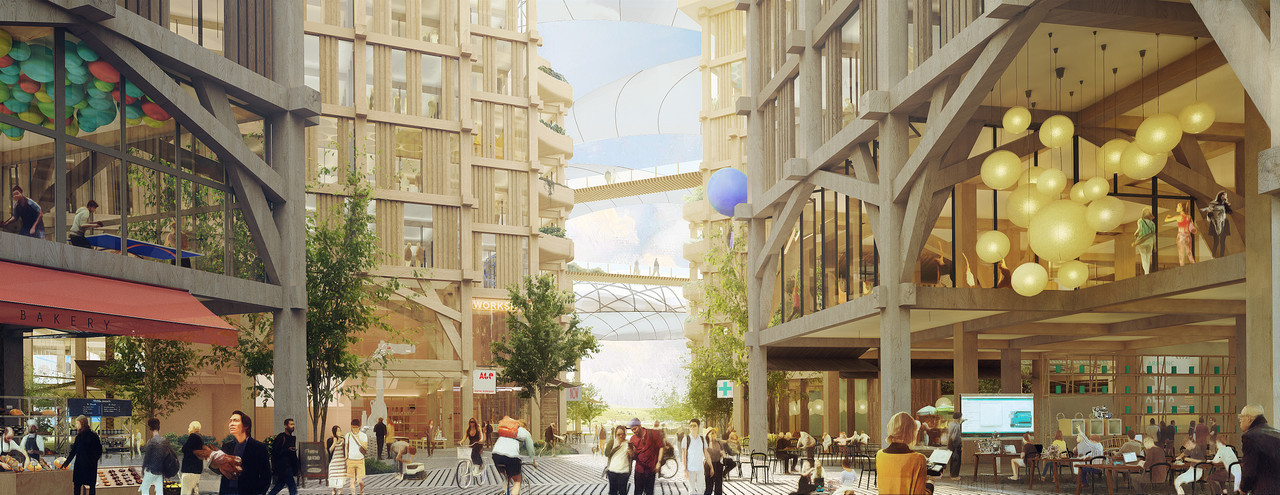.dwg
Active Member
The whole Sidewalk Labs vision was naive enough back when it was presumed (advertised?) that Google capital investment would make it possible. It's a testing ground and therefore would require heavy investment from them to make it possible... but now they want the public sector and taxpayer money to essentially subsidize their project?
There's some generally great ideas (timber, new types of mixed-use, the concept of the stoa, new types of blocks that aren't based on car traffic) mixed in with some bad ones in this project. But the good ideas will never matter because they are their own worst enemies. Terrible PR, and it's because they sell their vision the wrong way over and over again. At this point I think they've realized the naivety of their vision (underground f%cking mail delivery robots in tunnels) and that it doesn't stand a chance of working (economies of scale) it requires on the original plot of land they were working with. So now they are trying to expand their mandate, and get taxpayers to help subsidize it. Honestly, there are good ideas in it - but there are so many bells and whistles that are a slap in the face when you realize the laundry list of more pressing issues we have (affordability being one) that already have solutions... the only thing holding it back is lack of willingness to pay for it and outdated policy.
If Google thinks Torontonians are going to allow them to offload risk onto public coffers, they are even more naive than I thought they were when they proposed rain-jackets for buildings.
There's some generally great ideas (timber, new types of mixed-use, the concept of the stoa, new types of blocks that aren't based on car traffic) mixed in with some bad ones in this project. But the good ideas will never matter because they are their own worst enemies. Terrible PR, and it's because they sell their vision the wrong way over and over again. At this point I think they've realized the naivety of their vision (underground f%cking mail delivery robots in tunnels) and that it doesn't stand a chance of working (economies of scale) it requires on the original plot of land they were working with. So now they are trying to expand their mandate, and get taxpayers to help subsidize it. Honestly, there are good ideas in it - but there are so many bells and whistles that are a slap in the face when you realize the laundry list of more pressing issues we have (affordability being one) that already have solutions... the only thing holding it back is lack of willingness to pay for it and outdated policy.
If Google thinks Torontonians are going to allow them to offload risk onto public coffers, they are even more naive than I thought they were when they proposed rain-jackets for buildings.
Last edited:








